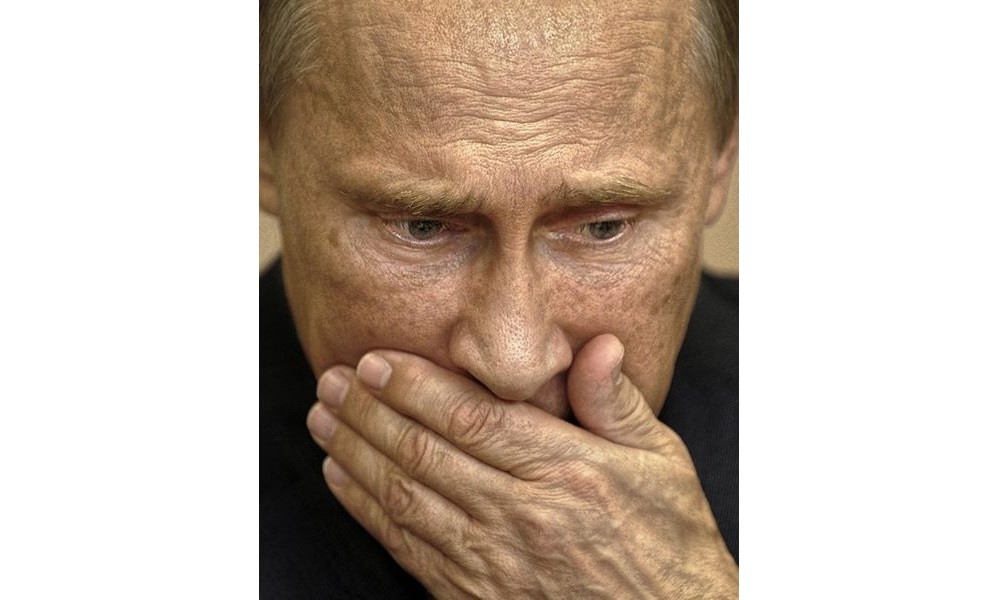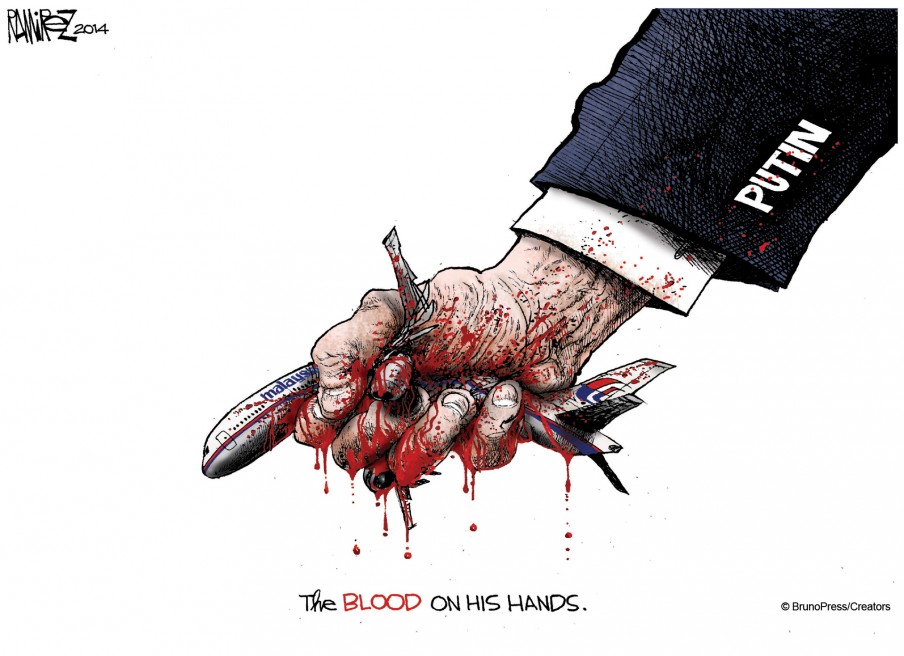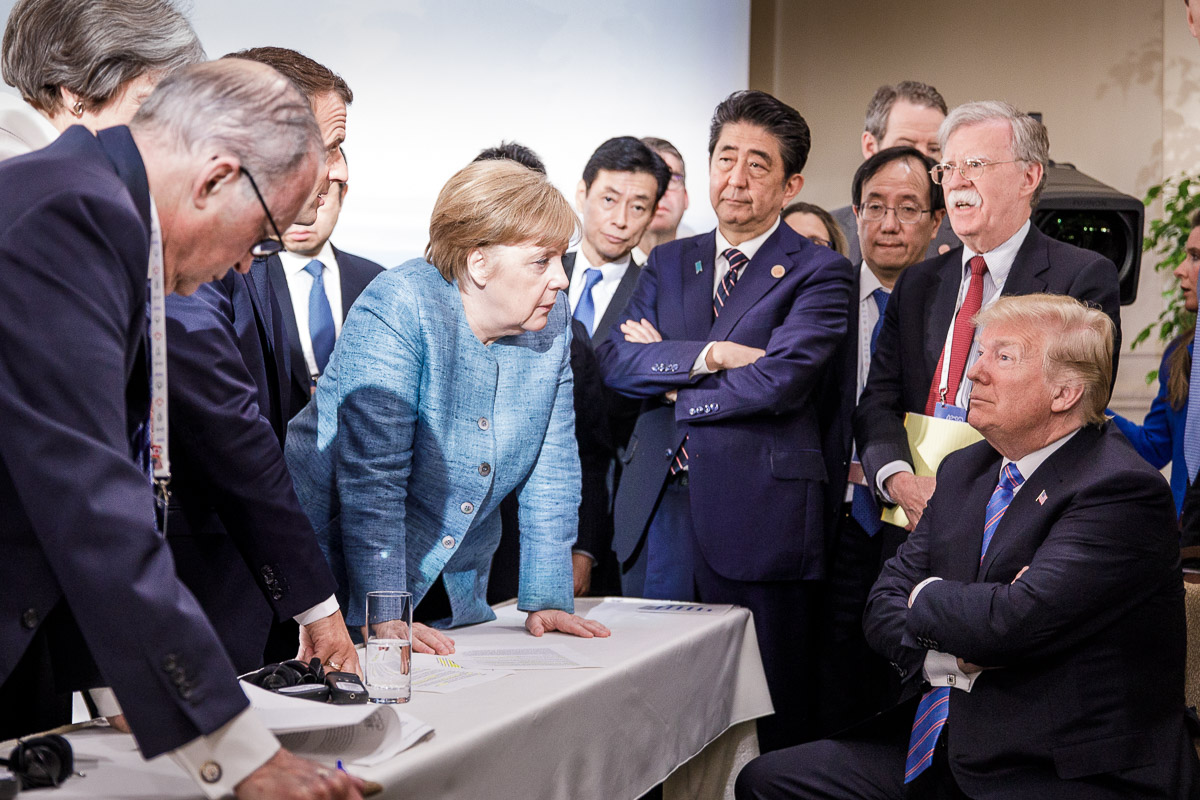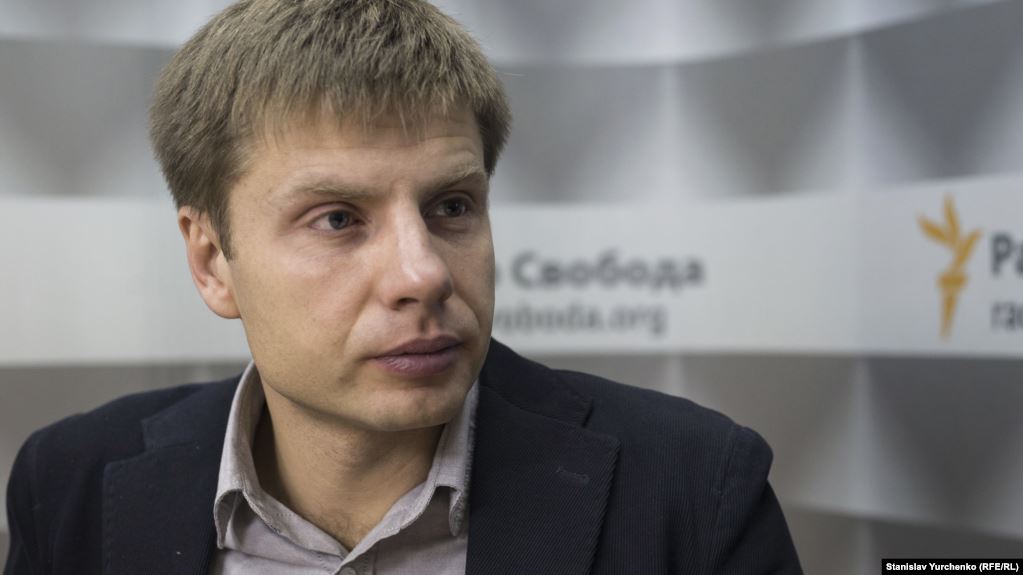Like Cinderella’s coach at the stroke of midnight, Vladimir Putin’s “magic,” his “negative charm, no longer works” as it did in the past, Aleksandr Golts says. Instead, as the recent St. Petersburg Economic Forum showed, it has disappeared or more precisely turned into something else entirely.
For most of Putin’s time at the top of the Russian political pyramid, foreigners have been interested in what the Kremlin leader has to say on this or that topic. But “suddenly it has turned out that the surrounding world has simply lost interest in [his] views” and no longer wants to speak with him about “generalities” but only about specific issues.
That shift first became obvious when Putin visited Paris and the new French president Emmanuel Macron “coldly said what Paris wants from the master of the Kremlin and what will be if these demands are not satisfied.” So dramatic was this shift, Golts says, it “deprived the chief Russian official of his gift of speech.”
Then there was the behavior of NBC journalist Megyn Kelly who chaired a session in St. Petersburg where Putin spoke but “ignored the themes” he wanted to talk about, refused to respond to his tactic of answers “in the style ‘but you lynch Negroes,’” and ignored his crudities which his media claque called humor.
Instead, Kelly did what a journalist is supposed to do. She asked the same question again and again, about “the level of Moscow’s interference in American domestic politics and in particular in the American elections.” That is a tactic which works because finally those who don’t want to answer nonetheless give way.
That is what happened with Putin this time, and the Kremlin leader conceded far more than he likely intended with his comments about hackers and his refrain that everybody can do this and nothing that they do really matters. And it is worth noting, Golts continues, that the US media reported only this and not Putin’s preferred themes about the economy and cooperation.
This represents “a change in the paradigm of interrelationships between the master of the Kremlin and the rest of the world. No one is trying to predict Moscow’s actions based on Putin’s remarks. It is well known that the chief boss of Russia lies as often as he breathes,” Golts continues.
And so this time around “no one asked the question ‘Who is Mr. Putin?’ No one sought to compose psychological portraits” of the man. Instead, “they offered accusations about what had already been done and [just] watched to see how he would [try to] justify himself” to the world.
Related:
- Not ‘constrained by communism’ – Why Putin is a greater threat than Brezhnev ever was
- Putin regime likely to end by only one of five scenarios, Eidman says
- Putin’s supposedly overwhelming popular support could disappear overnight, Gudkov says
- Symbolic expansion: how Putin annexes history, not only territories
- Putin doesn’t want Russians to continue focusing on Crimea, Goryunova says
- ‘Putin’s GULAG more horrible than Stalin’s,’ researchers say





